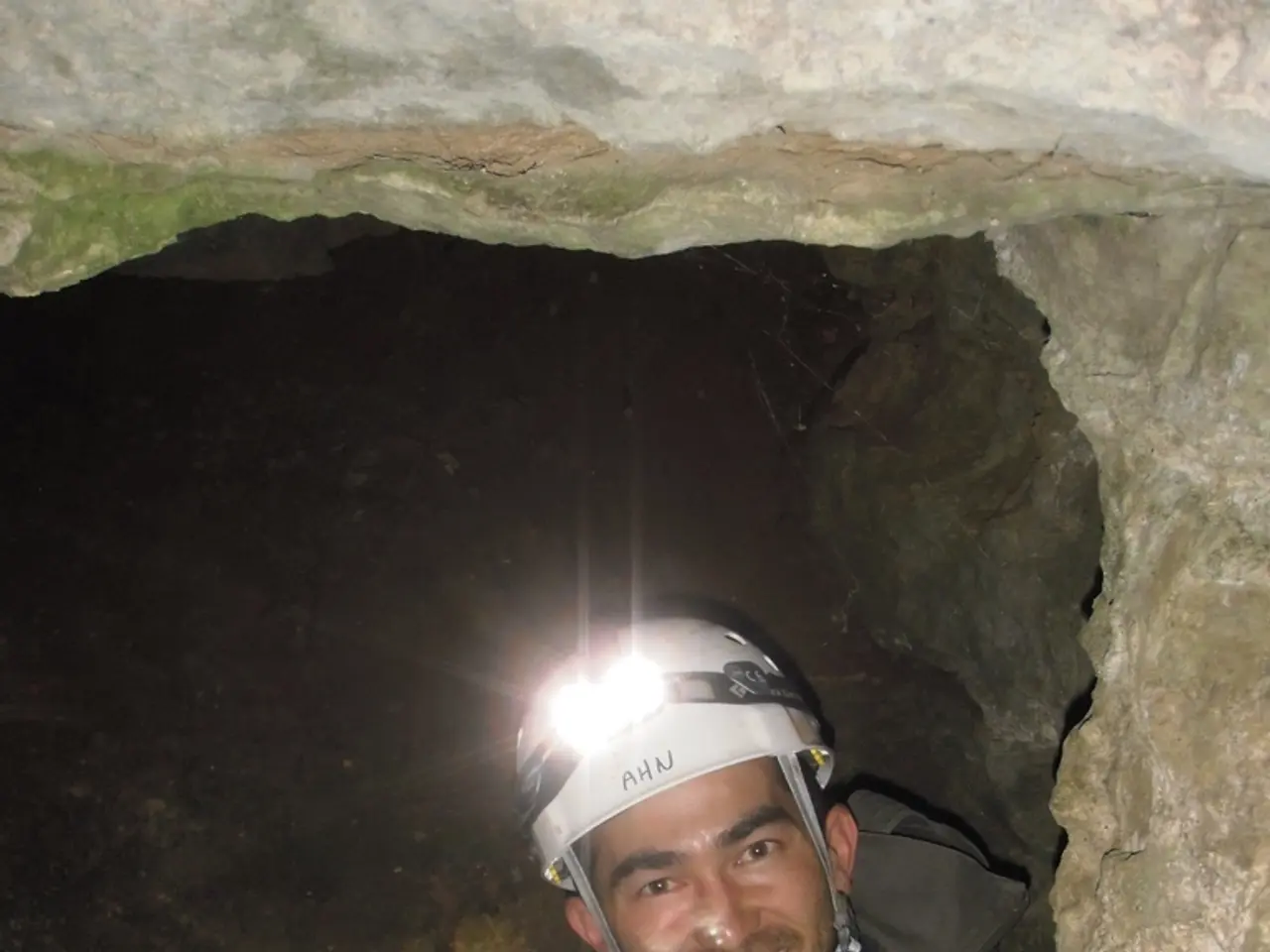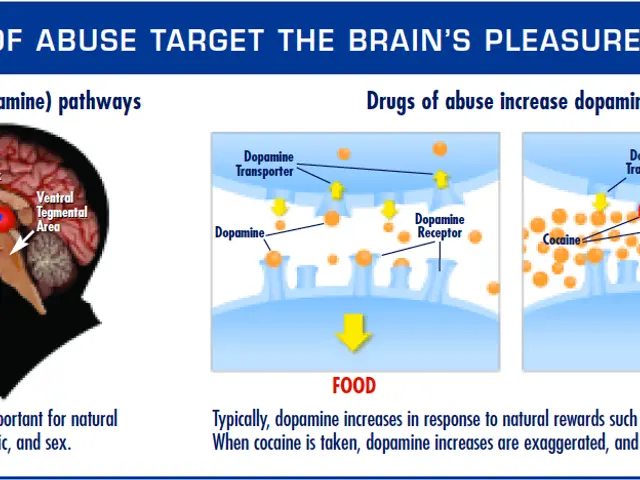Underground Ordeal: Examining the Consequences of the Thai Cave Rescue
In June 2018, a junior association football team in Thailand made headlines around the world when they became trapped in the Tham Luang Nang Non cave system. The team was rescued after an 18-day ordeal involving a diverse team of ninety divers, including members from the British Cave Rescue Council and the Thai military.
The team's prolonged stay in the damp, flooded cave environment posed significant health risks and challenges. The main concerns were infections, nutritional deficits, eye adjustment problems, immune system response, and mental health issues.
Due to the damp conditions inside the cave, there was a risk of infections such as histoplasmosis, a fungal infection from bat droppings, and leptospirosis, a bacterial infection from water contaminated by animal urine. After rescue, the boys were given simple foods like rice porridge to avoid gastrointestinal issues.
The boys lost an average of 2 kilograms (4.4 pounds) each during their entrapment due to limited food availability. To combat this, doctors focused on ensuring the trapped individuals had the right nutrition, with a good amount of protein and carbohydrates. However, the introduction of carbohydrates could deplete the body's remaining supply of thiamine, potentially leading to acute thiamine deficiency and neurological effects.
After being in complete darkness for an extended period, the boys wore sunglasses to help their eyes adjust to daylight gradually. Medical tests showed all boys had elevated white blood cell counts, indicating stress or mild infection, so they were treated with antibiotics to prevent infections.
Mental health and psychological challenges were also a concern, although not detailed extensively. Doctors conducted mental health assessments indicating concerns about psychological stress from being trapped and rescued.
The rescue operation was not without tragedy. Saman Gunan, a rescue diver, tragically died during the rescue operations, and a year later, another diver involved in the rescue, Beirut Pakbara, also died from a blood infection acquired during the operation.
The complex rescue highlighted the importance of international collaboration and teamwork, as emphasised by Mark Hannaford, Managing Director & Founder of World Extreme Medicine. The rescue team's success was a testament to their determination and the power of cooperation in overcoming seemingly insurmountable challenges.
References: [1] BBC News. (2018, July 10). Thai cave rescue: What we know about the boys. Retrieved from https://www.bbc.com/news/world-asia-44832516
- With the Tham Luang Nang Non cave system providing a harsh space environment, the trapped junior football team faced numerous health-and-wellness issues, such as chronic diseases, infections, nutritional deficits, and mental health concerns.
- The damp cave conditions increased the risk of infections, including histoplasmosis and leptospirosis, posing a significant threat to the team's health.
- The boys' loss of an average of 2 kilograms during their entrapment was addressed by focusing on their nutrition, specifically providing enough protein and carbohydrates, despite potential risks such as depleting thiamine supplies.
- To help the boys' eyes adjust after spending an extended period in complete darkness, sunglasses were used, while mental health assessments were conducted to address the psychological stress from their ordeal.
- The tragic loss of Saman Gunan, a rescue diver, and Beirut Pakbara, another diver who was involved in the rescue operation, underscored the challenges and risks faced by the team during the exhaustive operation.
- The successful rescue operation emphasized the importance of teamwork, scientific knowledge, and collaboration in overcoming challenges, as demonstrated by the diverse team of ninety divers that included members from various organizations, such as the British Cave Rescue Council and the Thai military.





